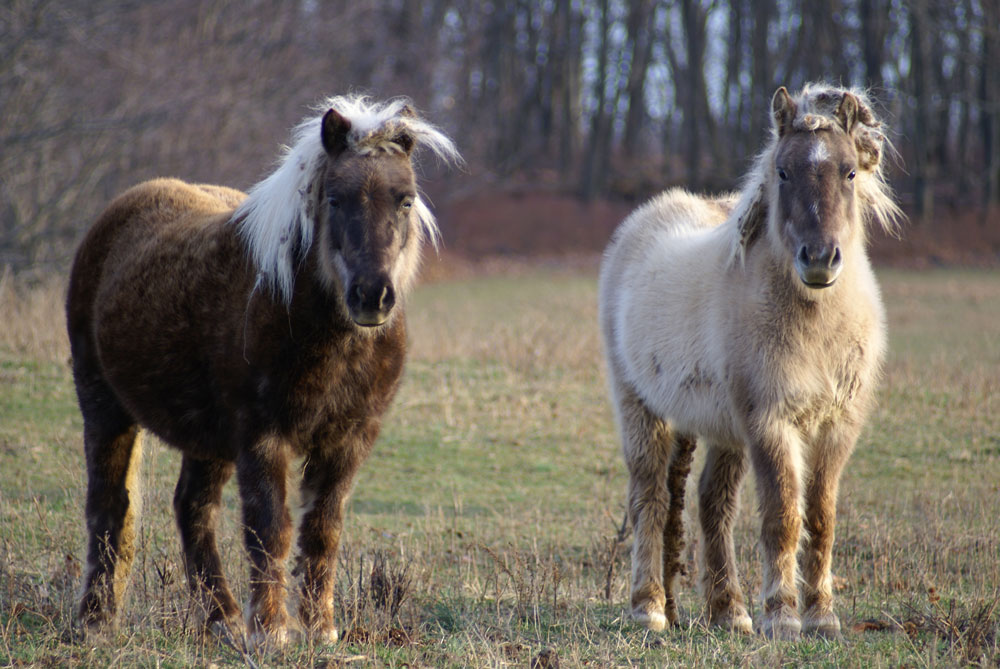
The lice that affect horses are species specific. The lice on your horse won’t spread to humans or dogs or cattle, or vice versa. “They can only be transmitted to other equines, such as a donkey or mule,” said Stephen D. White, DVM, DACVD, Professor and Chief of Service, Dermatology, School of Veterinary Medicine, University of California-Davis.
Lice are small and difficult to see unless you have good light or a magnifying glass. They are found most commonly on top of the back and the sides of the neck. The horse is usually very itchy and rubs the hair out because of the lice.
Lice generally appear in the winter when horses have long hair and might be more congregated together. There are basically two kinds of lice—biting/chewing lice that merely feed on the skin and move around more on the animal, and sucking lice that attach and suck blood.
“The sucking lice are relatively easy to get rid of by treating the horse with ivermectin or other avermectins, but these don’t always work as well for biting lice,” said White. “For those, we have to use some kind of topical product.
“Neither type of lice can live anywhere but on the host animal,” he explained. “They lay their eggs (nits) on the hair.”
It might take two treatments, a few weeks apart, to kill all the lice, because most treatments won’t kill the eggs. A second treatment is needed to kill new lice that hatched out after the first treatment.
If horses have lice in the winter when they are confined or in the barn, once spring comes and you turn them out to pasture and they shed off their winter hair, the lice population crashes and you won’t find as many on the horses. However, it’s still a good idea to treat them to get rid of all the lice.
“In foals, a high population of sucking lice can make them anemic,” said White. “It’s best to treat them.”
There are several ways to treat lice. “Some people like to use fly spray, but insecticidal shampoos also work. If it is sucking lice, any deworming product containing avermectins should work,” said White.


